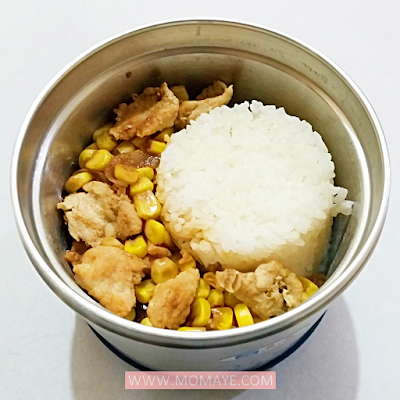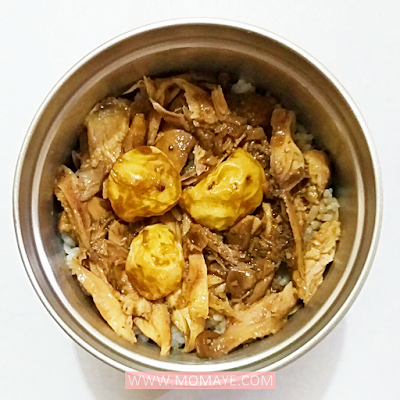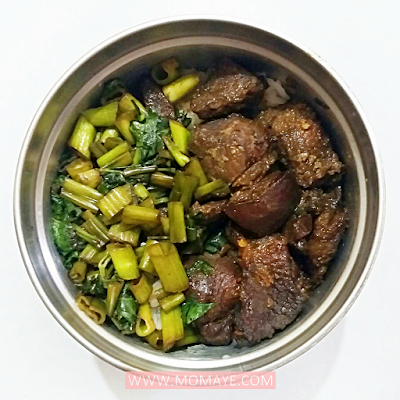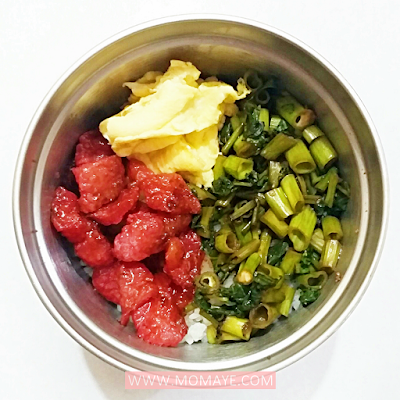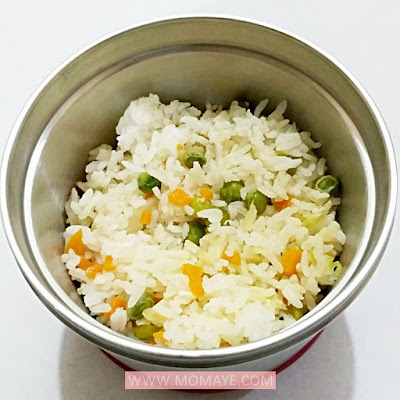 |
| Photo Source: ILLUSTRATOR ISTOCK |
National Dengue Alert was declared by Department of Health last July 15 as dengue cases continuously increasing in many regions in our country.
As reported, there were approximately 100,000 cases of dengue across the Philippines in only the first 6 months of 2019. This is 85% higher than the reported cases on the same period last year. Thus,
epidemics have been declared in Mimaropa, Western Visayas, Central Visayas, and Northern Mindanao. (Source:
CNN Health)
As a mother, I am afraid of this Dengue fever so much. Dengue fever has no cure so far but we can do something to prevent it or manage it when you already have.
What is Dengue fever?
Dengue fever is avector-borne disease transmitted by the bite of an infected female Aedes mosquito. There are four serotypes categorized under the dengue virus, which can infect a person.
Symptoms of dengue virus can vary from mild to severe fever. Severe dengue, which are potentially deadly, include dengue shock syndrome, dengue haemorrhagic fever and dengue shock syndrome.
However, approximately 75 – 90% of patients acquire dengue fever without any symptoms, not even fever. Which means that many individuals who fall ill during their ‘1st symptomatic dengue fever’ in fact had their 2nd attack, which tend to be severe.
What are the symptoms of Dengue fever?
Betwen 1.5 – 10 days after being bitten by an infected mosquito, Dengue fever introduces itself with flu-like symptoms. It will resolve on its own within 2 – 7 days, if it’s a mild case.
The first symptoms include fever, headache, muscle and joint aches, high fever, pain behind the eyes, and vomiting or nausea. Body rash be like to occur later on. The absence of body rash was identified to be a risk of severe dengue mainly because the body fail to recognize the illness.
Between 3-7 days, severe dengue develops after the 1st signs of illness with worsening symptoms, such as severe abdominal pain, persistent vomiting, bleeding gums, vomiting blood, rapid breathing, and fatigue or restlessness.
According to Dr. Leong Hoe Nam, infectious disease specialist at Mount Elizabeth Novena Hospital, the peculiar feature of the infection is that it can cause platelets (tiny cell fragments that form blood clots to stop bleeding) to fall steeply, which leads to bleeding in the internal organs, particularly in the gastrointestinal tract. (Source:
All You Need to Know About Dengue)
Dengue Fever and Dehydration
There's no specific treatment for dengue fever exists. Dengue fever patients lose more body fluid and thus, are more susceptible to dehydration. Doctor may recommend to drink plenty of fluids to avoid dehydration from vomiting and a high fever.
Keeping the body hydrated helps in managing the Dengue fever. Hydration prevent the disease from getting worse and advancing to dengue hemorrhagic fever, or the complicated stage when the blood vessels start to leak and cause bleeding. Platelets that are effective in stopping bleeding are mature platelets. This platelet maturation process can go smoothly if there are enough body fluid.
While recovering from dengue fever, it is very important to watch for following signs and symptoms of dehydration:
- Decreased urination
- Few or no tears
- Dry mouth or lips
- Lethargy or confusion
- Cold or clammy extremities
However, water is not enough. This is because the fluid lost by the body is composed of water and ions, and should also be replaced by the same. Doctors will give intravenous (IV) fluids and electrolytes (salts) to replace those lost through vomiting or diarrhea.
Other than IV fluids and electrolytes, ion supply drink like Pocari Sweat can help prevent dehydration in patients with dengue fever. It has a composition close to the body fluid, is quickly absorbed and retained longer in the body. Thus, helping the process of platelets maturation to run smoothly and on time.
Pocari Sweat contains the right amount of water and ions needed by the body – making it the ideal fluid replacement.
Again, there is still no cure to Dengue fever. But it can be prevented by boosting our body immune system and can be managed by keeping the body hydrated.









